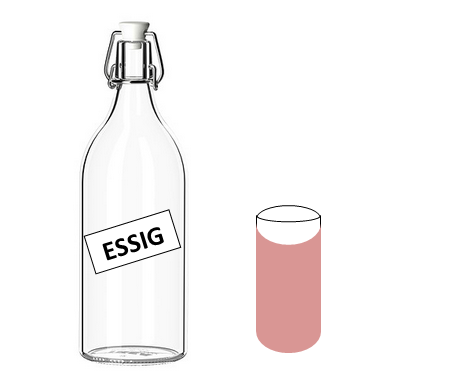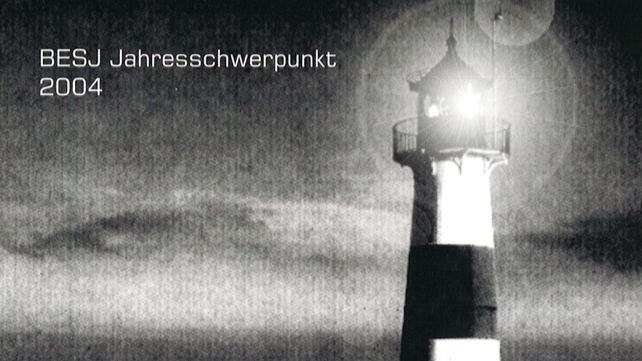Norda
Introduction
A map is a drawing of the landscape from above.
For orientation in the terrain it is useful to proceed according to the NORDA principle. Over time, this procedure becomes so ingrained in the memory that it runs automatically.
It is not always easy to find your way around
Since in some languages it is difficult to explain the letters in a meaningful way, I have added symbols. You can also explain it using the five fingers on one hand.
North direction
Align map to north
There are 2 ways to determine north:
- Compass: Place the compass horizontally on the map. North lines of the map must point in the same direction as the north needle of the compass
- The sun is at noon in the Süden.
Orientate map by gel
Lines in the terrain (stream, path, forest edge) and their depiction on the map must run in the same direction.
Orientating
It's about determining where you are, figuring out where you stand.
Direction
Determine the direction of march. Determine continuation of the run to the next post.
Determine lines of approach or guidelines: Forest edges, stream, road, etc. can indicate which way to go and how far to go.
Distance
How far is it to the next point or branch? Estimate how far you have to go. There are 3 ways to do this:
- Using the scale. On each map, the scale is given, showing how many times it has been scaled down. This allows you to calculate how far a distance on the map is in reality. You only have to delete the three 0's from a millimeter value to get a value in meters. For example, on a map with a scale of 1:25 000, 1 mm corresponds exactly to 25 m.
- If a grid is available, the distance can be roughly estimated from it
- Using proportions. You can compare the distance with a known size. (three häusers long, twice the last distance...)
Up or down?
This is about figuring out if it's an incline or a decline. Identify if it's level or steep. This helps to control the direction.
Content may be automatically translated. Help improve the quality of the translation with your editing!



